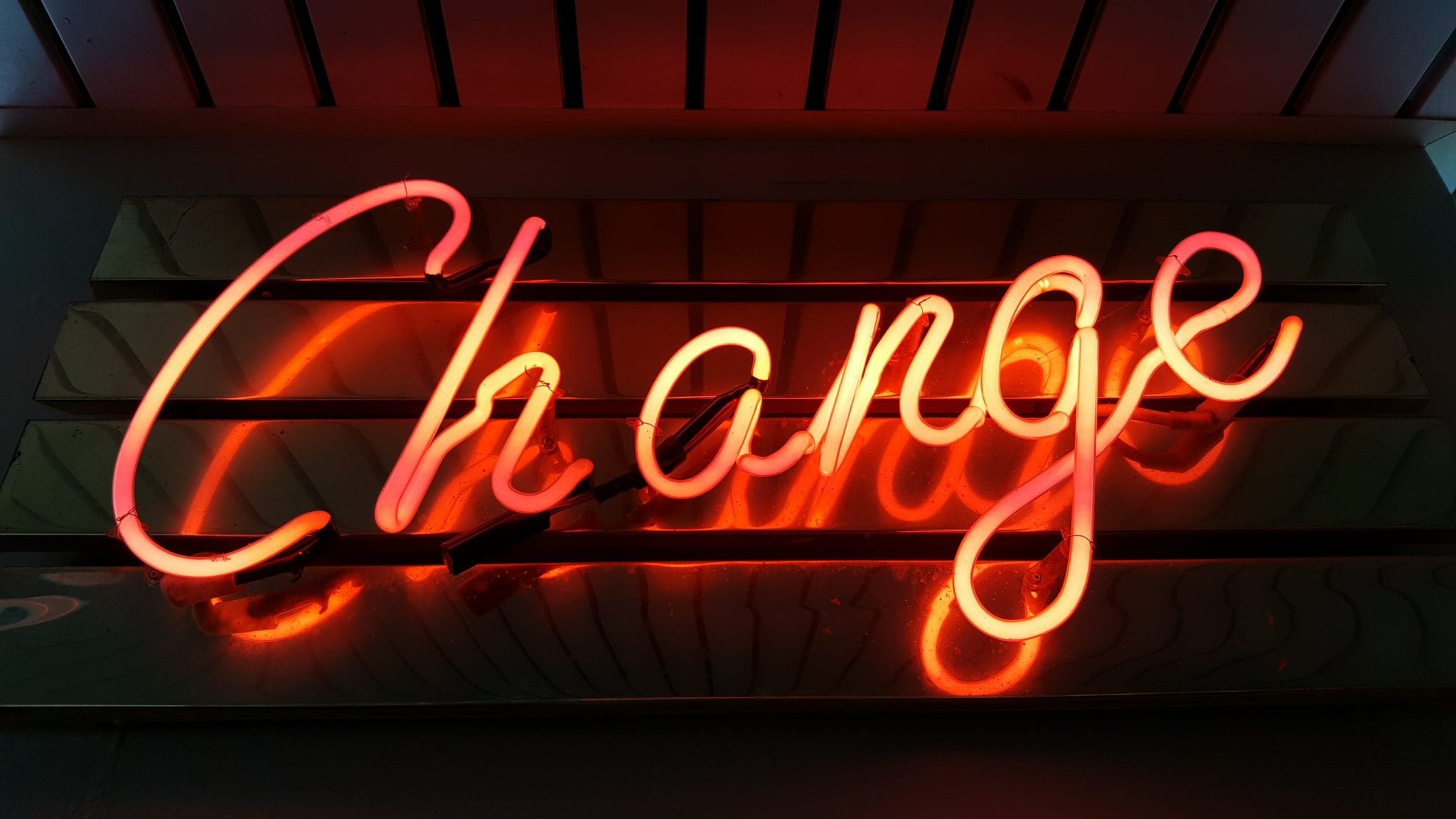I have the privilege of working with high school-aged students in my volunteer life. These young people are full of optimism, kindness, insight, and energy. And it’s not just the young people I personally come in contact with: ask anyone who interacts with youth. They’ll probably smile right before they tell you how hopeful they are for the future because of their experiences with extraordinary youth.
But I have a confession: I am deeply concerned about the future. Believing that young people will continue cultivating their awakened qualities through their transition into adulthood, without a real shift in our adult culture, strikes me as wishful thinking. What we value in children and youth—curiosity, warmth, circumspection, fairness—is not what much of our culture values in adults. Broad swaths of our adult culture emphasize beating the competition at any cost, superficial solutions to challenges, appearance over reality, and comfort over growth. Our culture condones, even encourages, behavior in adults we would never tolerate in children. This contradiction strikes me as a pivot point rich with potential for unlocking enlightened society.
In Shambhala, we talk about enlightened society a lot—in fact, it is the heart of our lineage. Sakyong Mipham Rinpoche has recently through unpacking three arenas of transformation: personal, cultural, and societal. His teachings on enlightened society are profound and accessible, so I’m not going to delve into the details; I just want to point to the influence of culture. We could think of culture in the same way we think about lineage: it is something we inherent, absorb and make our own, then transmit as legacy.
So I have a special request of all of you, my fellow dharma practitioners under age 35: don’t delay in transforming our culture. If we think of our cultural legacy as only something we leave behind after we’re gone, we’re missing an opportunity. Cultural legacy is something we create every day, through how we interact with others, situations, and the environment; through where we invest our time, money, and energy; through the qualities we cultivate in ourselves and value in others.
Our generation has inherited quite a mess. Previous generations have pillaged resources for short-term gain, poisoning our land, political systems, relationships, and emotions. But to pretend we’re powerless is a grave mistake. When I look around at my peers, I see people in positions of influence—perhaps not in the driver’s seat, but in positions that touch lives in education, health care, business, civic organizations, and dharma centers. Please do not underestimate your ability to impact the world.
As practitioners, we have something powerful to offer because we are intimate with how we regularly cut ourselves off from our awakened qualities out of fear. To the extent possible, we must be brave and allow ourselves to value our own and others’ innate, blindingly brilliant and warm humanity. We must allow ourselves to fall in love with the world without reservation, exposing our tender hearts and intelligent minds without hesitation. We must do this now because the stakes are so high.
I include myself first and foremost in this call to bravery. My practice has shown me again and again where I hold back—revealing all the places and times I doubt human nature. I am also continually learning that I have a unique opportunity to use practice to transform culture organically—in my home, at my workplace, in community settings, and everywhere I go. In the midst of the overwhelming cultural undertow and doubt that haunts my mind, the question forever remains: could I be so brave as to trust basic goodness?
